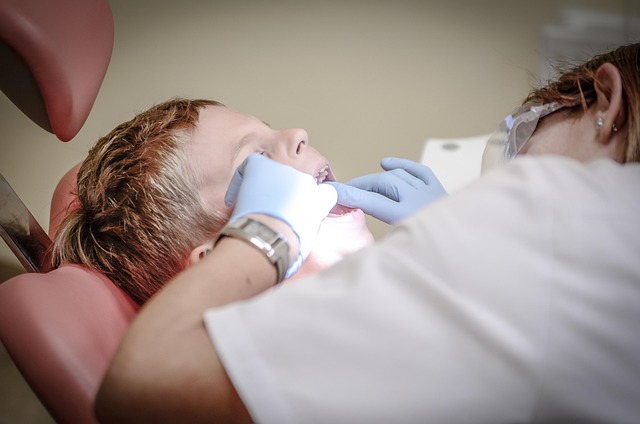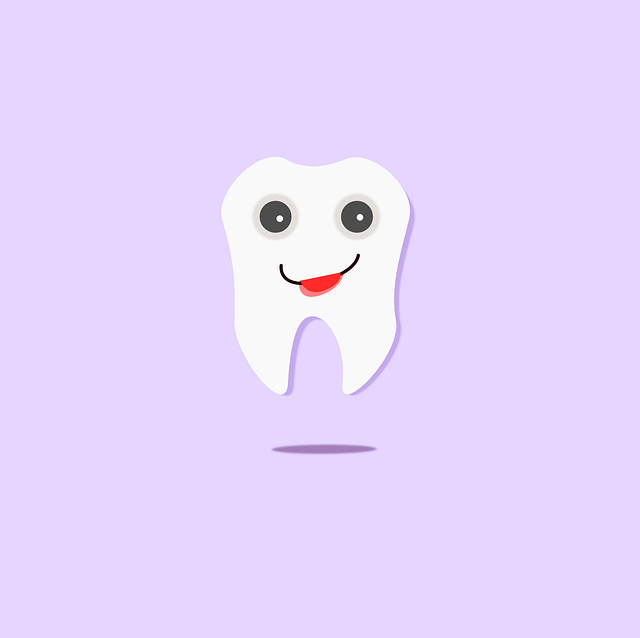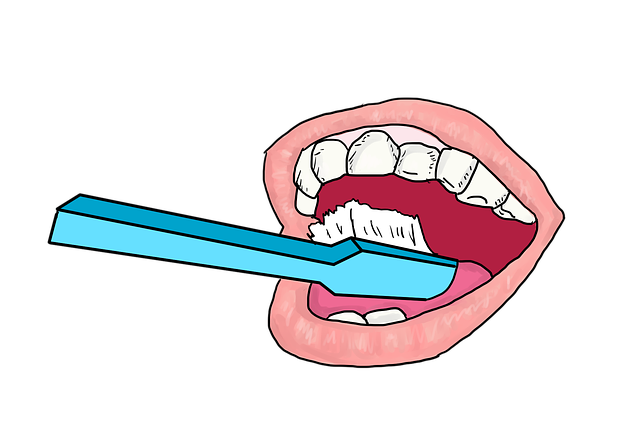Gum disease, a prevalent yet often overlooked oral health issue, affects millions in Eugene, Oregon, and across the U.S., causing gum inflammation from mild swelling to severe infections. Caused by plaque buildup and inadequate hygiene, it can lead to symptoms like bleeding gums, bad breath, loose teeth, and painful chewing. Untreated gum disease progresses to periodontitis, damaging tooth-supporting structures. Local advanced treatments include deep scaling, root planing, pocket reduction surgery, soft tissue grafting, and laser therapy. Post-treatment, maintaining optimal oral hygiene through brushing, flossing, hydration, and limiting sugary beverages is crucial for long-term success and preventing future gum disease issues.
In Eugene, Oregon, understanding gum disease is paramount for maintaining oral health. This article delves into the causes and symptoms of gum disease prevalent in the region, offering insights tailored to local residents. We explore advanced treatment options for severe cases, including innovative procedures aimed at reversing damage. Furthermore, post-treatment care and maintenance tips are provided to ensure healthy gums and prevent future issues. By addressing gum disease comprehensively, this guide empowers Eugeneans to take charge of their oral health.
- Understanding Gum Disease: Causes and Symptoms in Eugene Oregon
- Advanced Treatment Options for Severe Cases of Gum Disease
- Post-Treatment Care and Maintenance Tips for Healthy Gums
Understanding Gum Disease: Causes and Symptoms in Eugene Oregon

Gum disease, a common yet often overlooked oral health issue, affects millions in Eugene, Oregon, and across the nation. It’s characterized by inflammation of the gums, which can range from mild swelling to severe infections. The primary culprits behind gum disease are plaque buildup and poor oral hygiene. Plaque, a sticky film of bacteria, forms constantly on teeth and gums, and when it’s not removed through regular brushing and flossing, it hardens into tartar, further irritating gum tissue.
Symptoms can include bleeding gums during brushing or flossing, swollen, red, or tender gums, persistent bad breath, loose teeth, and painful chewing. If left untreated, gum disease can lead to more serious oral health complications, such as periodontitis, which damages the bone and soft tissue that supports teeth. Understanding these causes and symptoms is a crucial first step for Eugene residents in seeking advanced gum disease treatment options available locally.
Advanced Treatment Options for Severe Cases of Gum Disease

In severe cases of gum disease, advanced treatment options are available to restore oral health and prevent further damage. One innovative approach is deep scaling and root planing, which involves thoroughly cleaning the affected areas below the gum line to remove bacteria and plaque buildup. This procedure helps reduce inflammation and promotes healing. For more complex situations, surgical interventions like pocket reduction surgery or soft tissue grafting may be recommended. Pocket reduction surgery creates a flap in the gum tissue to access and clean deep pockets of infection, while soft tissue grafting can help regenerate lost gum tissue, enhancing overall oral health.
Additionally, laser therapy is gaining popularity as an advanced treatment for gum disease. This procedure uses precise lasers to eliminate bacteria and reduce gum inflammation, offering a less invasive yet highly effective solution. These treatments, combined with proper oral hygiene practices, provide comprehensive care for severe gum disease, ensuring improved oral health and aesthetic results.
Post-Treatment Care and Maintenance Tips for Healthy Gums

After undergoing advanced gum disease treatment in Eugene, Oregon, maintaining your oral health is crucial for long-term success and preventing future issues. Here are some essential tips to ensure proper post-treatment care and keep your gums healthy:
1. Consistent Oral Hygiene: Regular brushing and flossing remain the cornerstone of gum care. Use a soft-bristled toothbrush and fluoride toothpaste, gently cleaning your teeth and gums twice daily. Floss at least once a day to remove plaque buildup in hard-to-reach spaces. Consider using an oral irrigation device as recommended by your dentist, which can help flush out debris and promote healing.
2. Stay Hydrated: Drinking plenty of water is vital for overall health, including gum health. Water helps maintain saliva production, which acts as a natural cleanser and aids in neutralizing acids that contribute to gum disease. Additionally, stay away from sugary beverages and excessive alcohol consumption, as they can exacerbate inflammation and slow down healing. Replace them with water, herbal teas, or unsweetened drinks.














